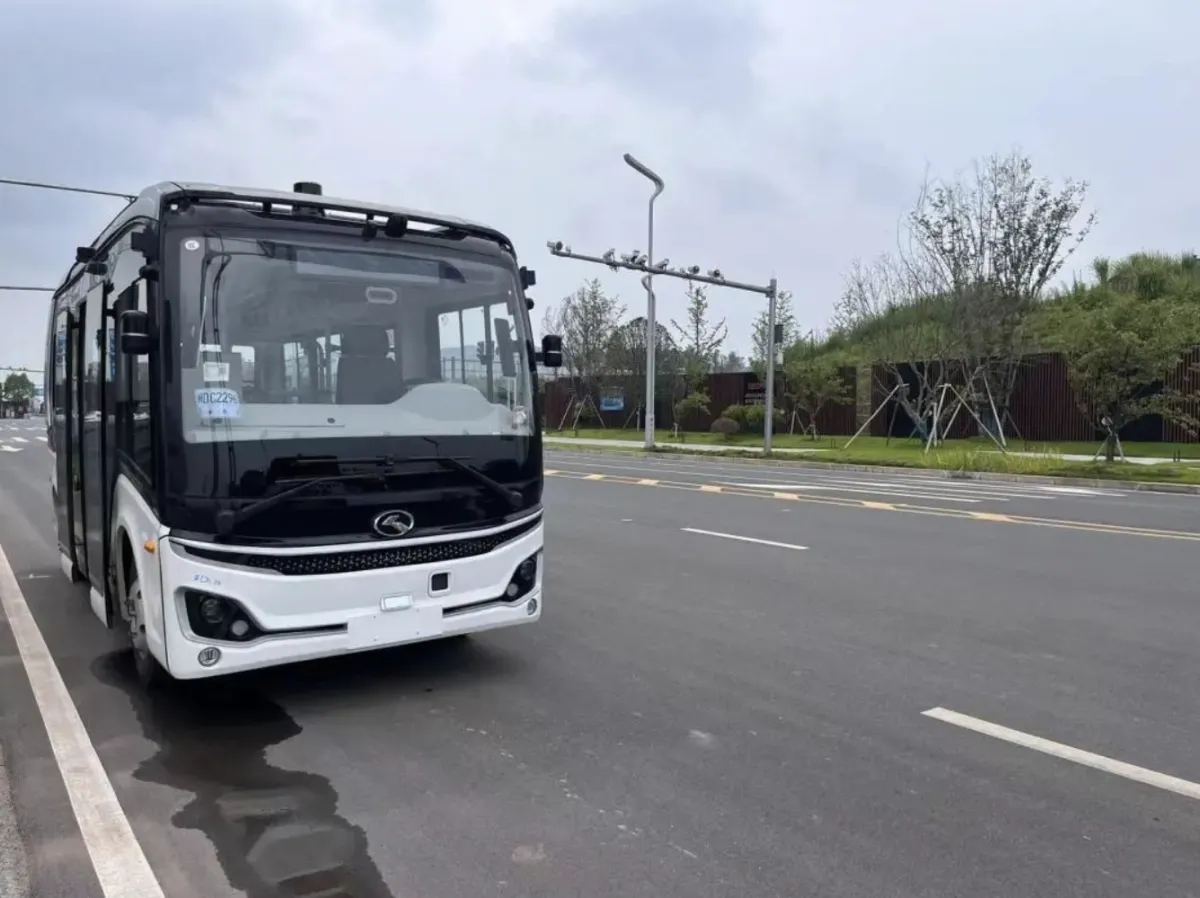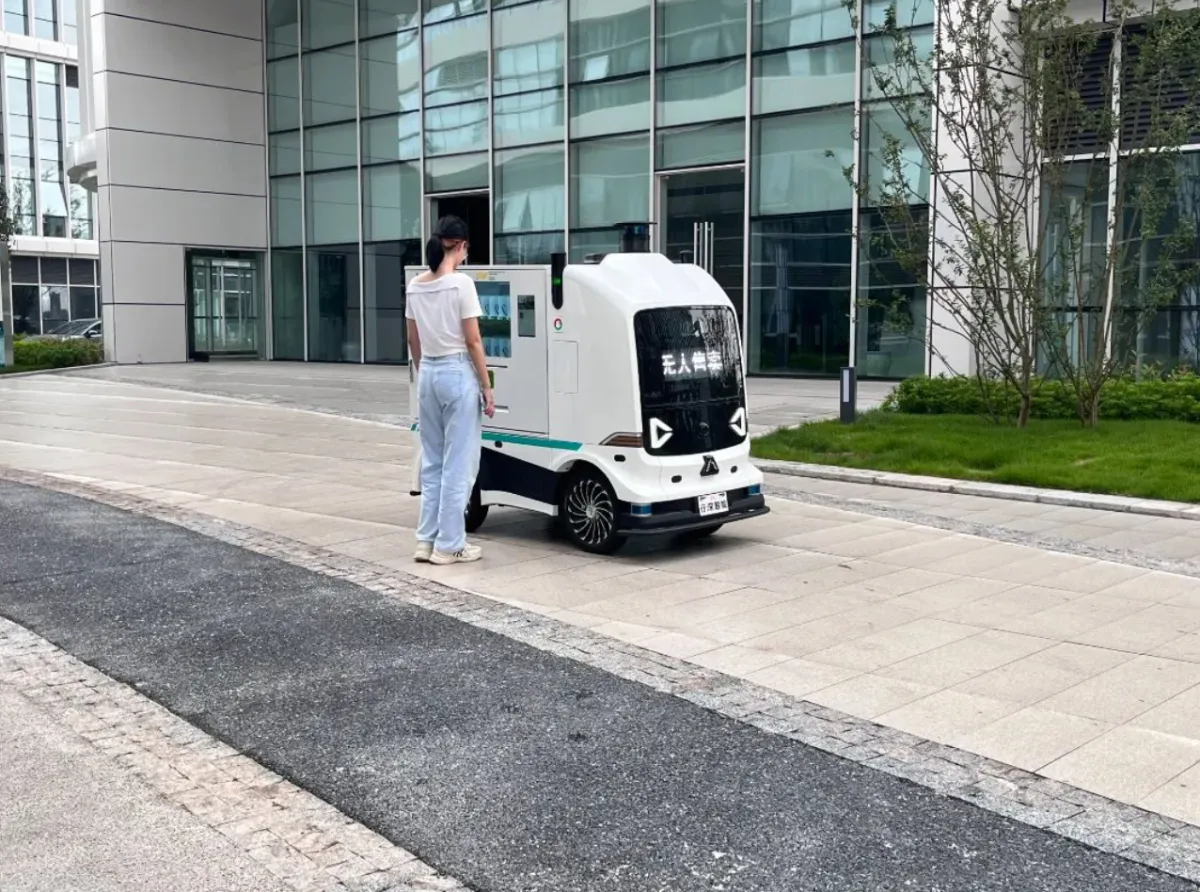
 Your current location:
Your current location:
The introduction of seven intelligent connected vehicles (ICVs) into Western (Chongqing) Science City's operational fleet marks a significant milestone in developing the ICV Demonstration Zone project. This key advancement brings Southwest China's Chongqing a step closer to the large-scale commercial application of ICVs.
As part of the city's vision for three one-trillion-yuan industrial clusters, intelligent connected new energy vehicles play a crucial role. This initiative also represents one of the strategic directions pursued by Western (Chongqing) Science City.
The intelligent connected public bus, a showpiece of the integrated vehicle-road-cloud technology, leverages the cloud platform's ability to access real-time signal information from roadside devices. This allows for a sophisticated analysis of traffic flow and assists the bus in calculating optimal speed to smoothly pass through green lights, reducing wait times at red lights.
Throughout each journey, the roadside and cloud systems work in concert, continuously assisting vehicles in detecting distant blind spots and mitigating potential safety hazards that could stem from human error or unforeseen events.
In preparation for their official launch in late August this year, similar autonomous commuting vehicles are undergoing accelerated testing on the roads of Western (Chongqing) Science City. These routes span nearly five kilometers in the Jinfeng area and approximately eight kilometers in the Chongqing University Town area, with multiple stations strategically positioned along the way.

Another notable member of the autonomous fleet is a 2.5-meter-long, over 1-meter-tall low-speed unmanned security patrol vehicle. Outfitted with multiple cameras and sensors on its roof, this vehicle provides a 360-degree view, eliminating blind spots. Its advanced technology enables proactive perception of road conditions, pedestrian avoidance, automatic determination of parking opportunities, remote communication, and one-touch emergency alerts.
Beyond the unmanned security patrol vehicle, the area is witnessing the unveiling of other autonomous vehicles, including low-speed unmanned sweeping vehicles, unmanned vending vehicles, and delivery vehicles. Among these, the unmanned vending vehicle, which allows employees to scan QR codes on its surface to conveniently purchase beverages and snacks, has been a hit.

"These vehicles are more than conventional unmanned cars. They are an integral part of the cloud-controlled infrastructure and applications of the demonstration zone," said Chang Xueyang, Vice General Manager of Western China Internet of Vehicle (Chongqing) Co., Ltd.
Chang compared the cloud technology to a "driving instructor" that provides driving advice to vehicles of different grades within the demonstration zone, fostering faster, safer, and more efficient implementation of high-level autonomous driving.
In addition to buses and construction vehicles, seven vehicle models have completed their transformation into connected vehicles. Concurrently, Western (Chongqing) Science City is forging ahead with the establishment of a comprehensive vehicle-road-cloud integrated infrastructure while exploring a broad range of application scenarios.
By August this year, the completion of the first phase of the demonstration zone is anticipated. This includes nearly 50 kilometers of roads equipped with roadside devices and an improved cloud control platform.
Currently, Western (Chongqing) Science City is home to over 40 companies associated with the intelligent connected new energy vehicle industry. These companies cover all aspects, from whole vehicles, key components, and charging infrastructure to ICV demonstration operations, thereby establishing a complete industry chain ecosystem.